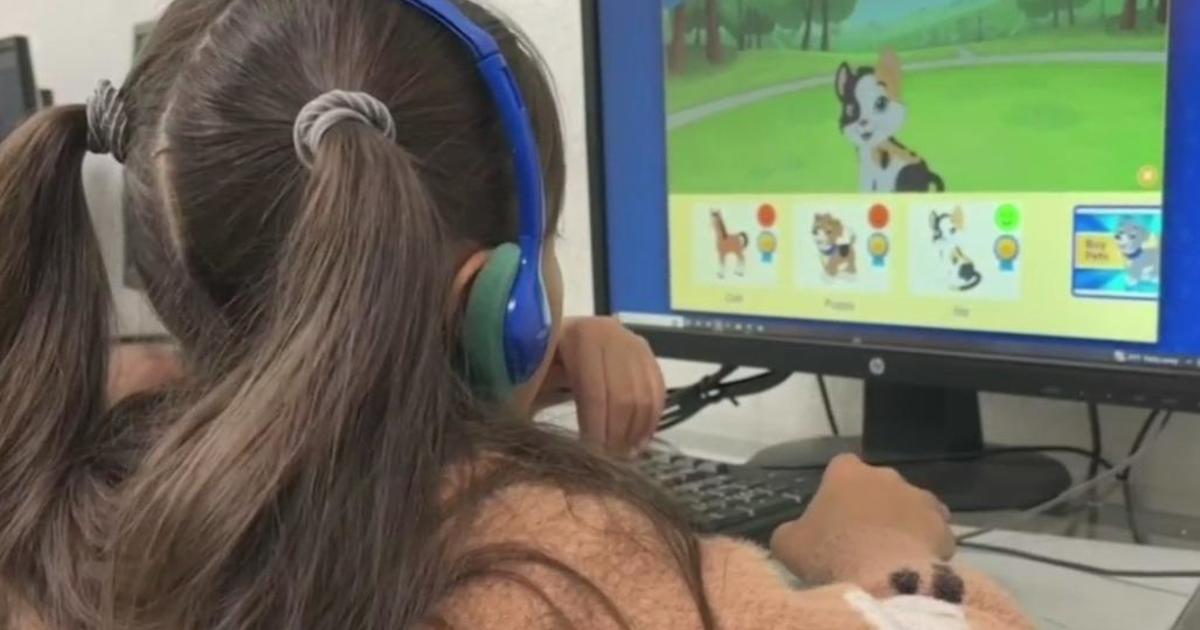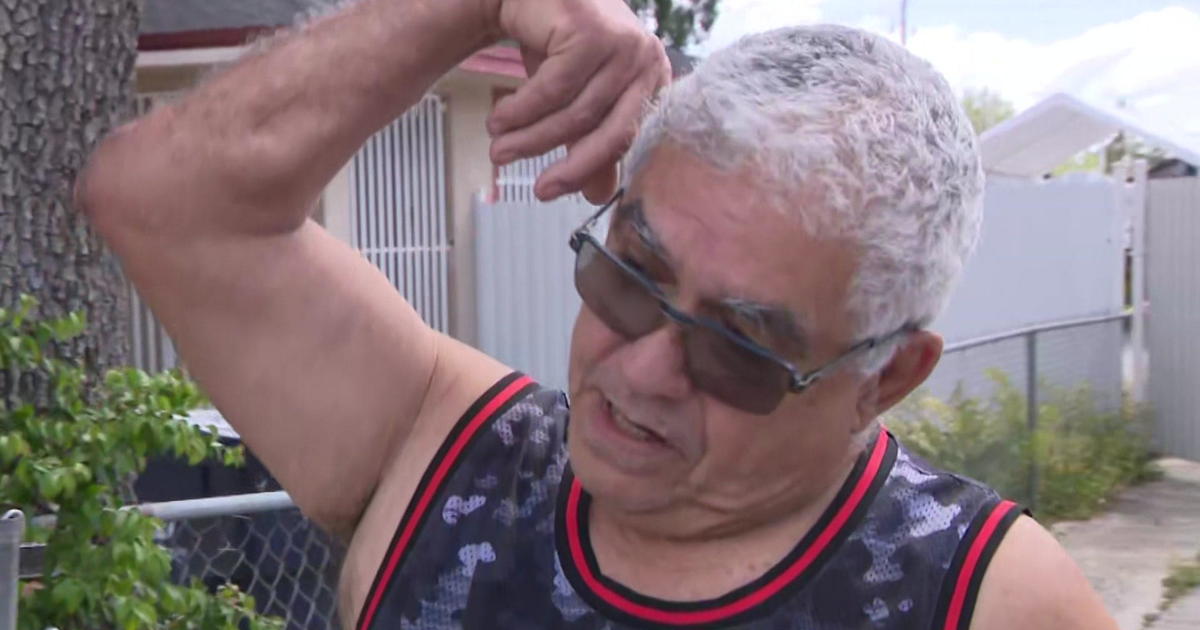Pelican Harbor Seabird Station makes changes to treat growing number of wildlife patients
MIAMI — A local wildlife rescue is growing... leading to a need for more space.
Pelican Harbor Seabird Station has treated tens of thousands of animals over the years. So, why the need for a change now?
Yaritza Acosta is not your typical veterinarian. She doesn't work on cats and dogs instead, her passion lies in the rehabilitation of South Florida wildlife.
Everyday, she arrives at Pelican Harbor and puts the gloves on, she focuses on getting native seabirds back in flight.
"We look at their body condition score. Ambulating around. That they don't have any need conditions that have arose," said Acosta, who is a wildlife rehabilitation manager.
The original idea for the seabird station was focused on species like pelicans and nursing them back to health from illness and injuries.
Something Acosta says is commonly caused by human activities and items left behind like fishing hooks.
"I think we'll hold on to him a little longer. Do a final vet check," said Acosta, while treating a pelican.
Since opening in 1980, Pelican Harbor has treated 42,000 wildlife patients and they say that goes beyond sea birds. As the number continues to rise they say they need a bigger space.
"That was actually a pelican pen and it was reconfigured to be used for raptors like hawks, falcons, things like that," Acosta said.
While it may not look like much, a vacant lot that sits off of Northeast 82nd Terrace will be the new home for Pelican Harbor.
"It's not on the bay, it's on the river. We still have water access, and it will be three times bigger than this. With bigger space for caging and we can more animals," Acosta said.
The new facility is set to open in 2025 and will include a 7,200-square foot hospital just for the animals.
The move will be bittersweet as Acosta and other staff who will miss one of their part of the current location.
" We do a lot of seabirds and pelicans. And so we're able to release on sight, right on the bay here. Sometimes they hang out on the sidewalk, so we can keep an eye on them," Acosta said.




